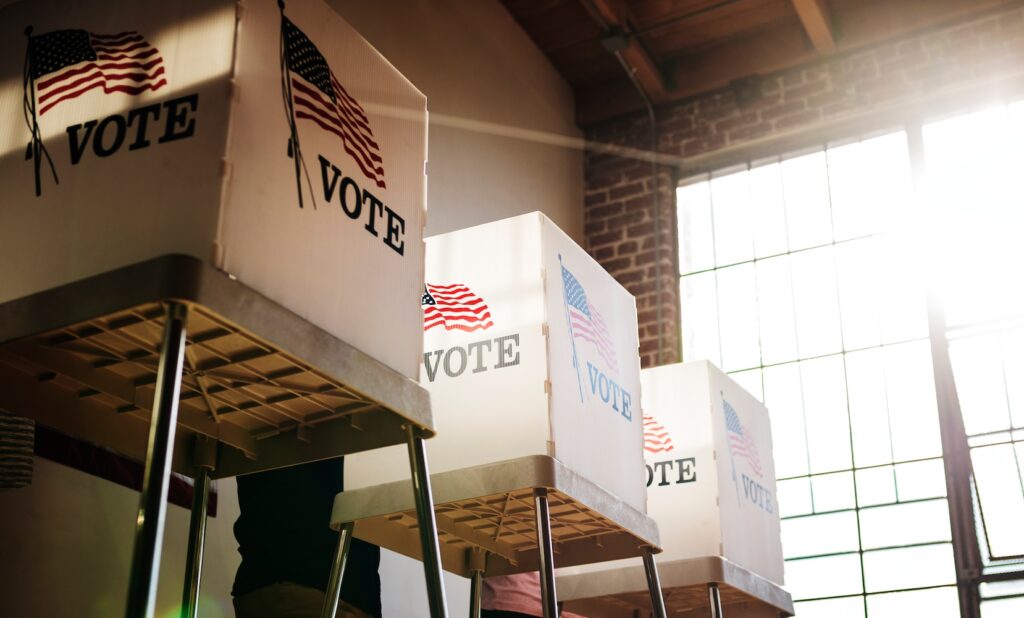Educational freedom will be on the November ballot for Nebraska voters
Nebraska’s first-ever school choice program is being challenged by anti-choice activists who hope to repeal it, but Nebraska voters have a chance to retain the brand-new tax-credit-based…

Nebraska’s first-ever school choice program is being challenged by anti-choice activists who hope to repeal it, but Nebraska voters have a chance to retain the brand-new tax-credit-based initiative.
The program was enacted last year with passage of LB 753, which establishes donor-funded educational savings accounts worth up to $5,000 for eligible educational expenses, including private school tuition.
The program also prioritizes students who are low-income, special needs, in foster care, military families or those have suffered from bullying at school.
Donors receive tax credits for donations made to the program.
But Support Our Schools Nebraska – a coalition organized by teachers’ unions – has opposed the effort, claiming school choice will “hurt kids, Nebraska public schools, and taxpayers.”
Its effort to repeal LB 753 was recently certified by the Secretary of State, placing the issue on the November ballot. A simple majority will determine whether the law is repealed or not.
“Voters have been clear that they want to vote on the issue of diverting public tax dollars to fund private schools,” claimed Jenni Benson, a board member of Support Our Schools Nebraska.
But Sen. Lou Linehan, R-District 39, the sponsor of LB 753, is backing another bill which would sidestep the repeal effort altogether. LB 1402 would provide school choice funds as a grant to the State Treasurer.
According to Jim Vokal, CEO of the Platte Institute, if LB 1402 is passed, LB 753 and the repeal effort would both be moot.
However, Vokal also defended the current tax credit mechanism of LB 753, explaining it won’t harm public school funding, contrary to cries of the teachers’ union.
“It’s money, it’s credits that never come into the state budget,” he told The Lion. “State funding in Nebraska last year by the Legislature increased over $300 million and that brings public school education funding both on a state and local level in Nebraska to well over $5 billion. So it does not take away money from public education.”
Nevertheless, public school activists are working hard to try to undo the program.
“They [the teachers’ unions] have a significant amount of resources and infrastructure across the state,” Vokal explained. “There’s a misinformation campaign going out there that suggests that this takes away funding and resources from public schools.”
But he’s not convinced voters are going to fall for it.
“Generally people in Nebraska want kids and families – especially those that don’t have the resources – to have the best opportunity to succeed with their education. That I am confident about,” he said.
Even when a poll question construed school choice as diverting funds from public schools, over 40% of voters still supported it.
A video of a Nebraska mother confronting a union boss went viral last year after she succinctly explained why the choice scholarships are so necessary.
“I was supposed to sit there and watch my daughter suffer socially and emotionally and be illiterate because you don’t agree with somebody giving my daughter an Opportunity Scholarship,” the mother said. “When they were telling me at the school system that they were doing the best she could, the best she could do was she couldn’t read.”
For Vokal, the debate isn’t about public schools versus private schools. It’s about improving all of education through competition.
“Competition makes us better. It shouldn’t be a threat to public education,” he concluded. “It should be an opportunity, (a) to provide the best fit for Nebraska families; (b) to make education in general better through competition.”



